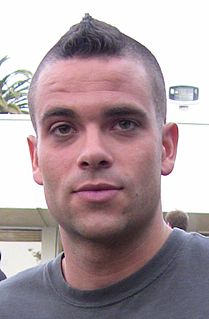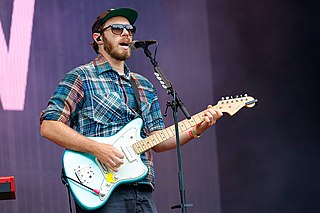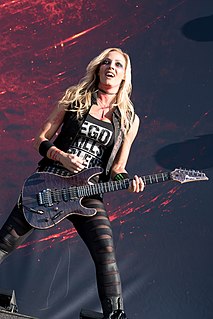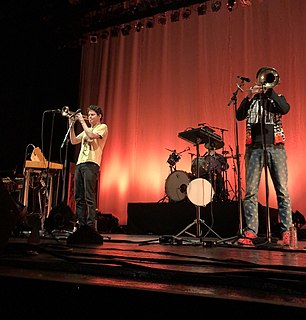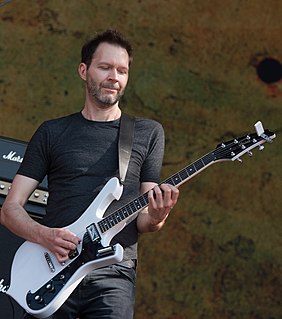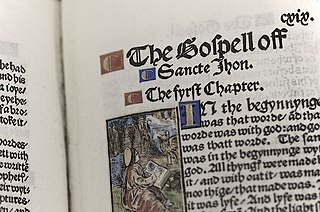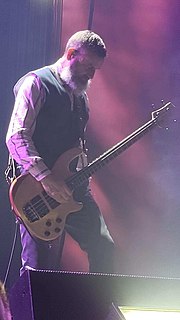A Quote by John Petrucci
Oftentimes, whenever I do interviews with guitar magazines and we discuss my influences, I mention people like Steve Morse, Alex Lifeson, Al Di Meola - but John Scofield's name never comes up. And that's funny because he's so amazing; he's the epitome of a really cool guitar player.
Related Quotes
I was very pleased when PRS presented me with my SE Angelus acoustic, a beautiful guitar of stunning quality. It was in response to the challenge of building a guitar that shared the integrity and attention to detail that the Alex Lifeson Private Stock Angelus possesses in a package more broadly accessible. The SE Alex Lifeson Thinline is that model. Carefully selected materials, expert craftsmanship and a smart approach to concept resulted in a guitar that is beautiful to look at and rewarding to play.
Anytime you go to see a band with a guitar player, there's always a fear of guitar overkill! That's a funny question. If you went to a Taylor Swift concert or a Jay-Z show, people would think, 'Oh, my God, I hope I don't get guitar overkill.' People come to our show for guitar, and there can never be enough.
My dad is obsessed with music, so I was raised around this guitar player that really wanted me to be a guitar player. One of my earliest memories is him kind of forcing a guitar on all my brothers and me. You know, "You have to practice three hours a day!" I hated guitar at the time. I kind of picked up trumpet to spite him.


